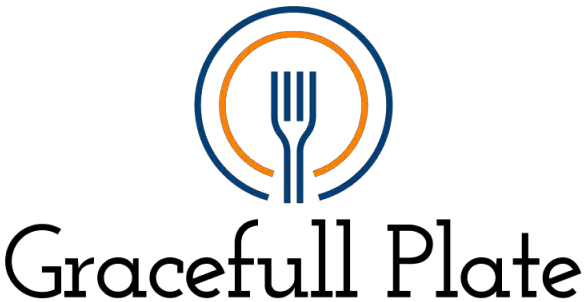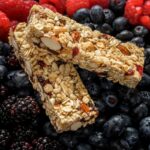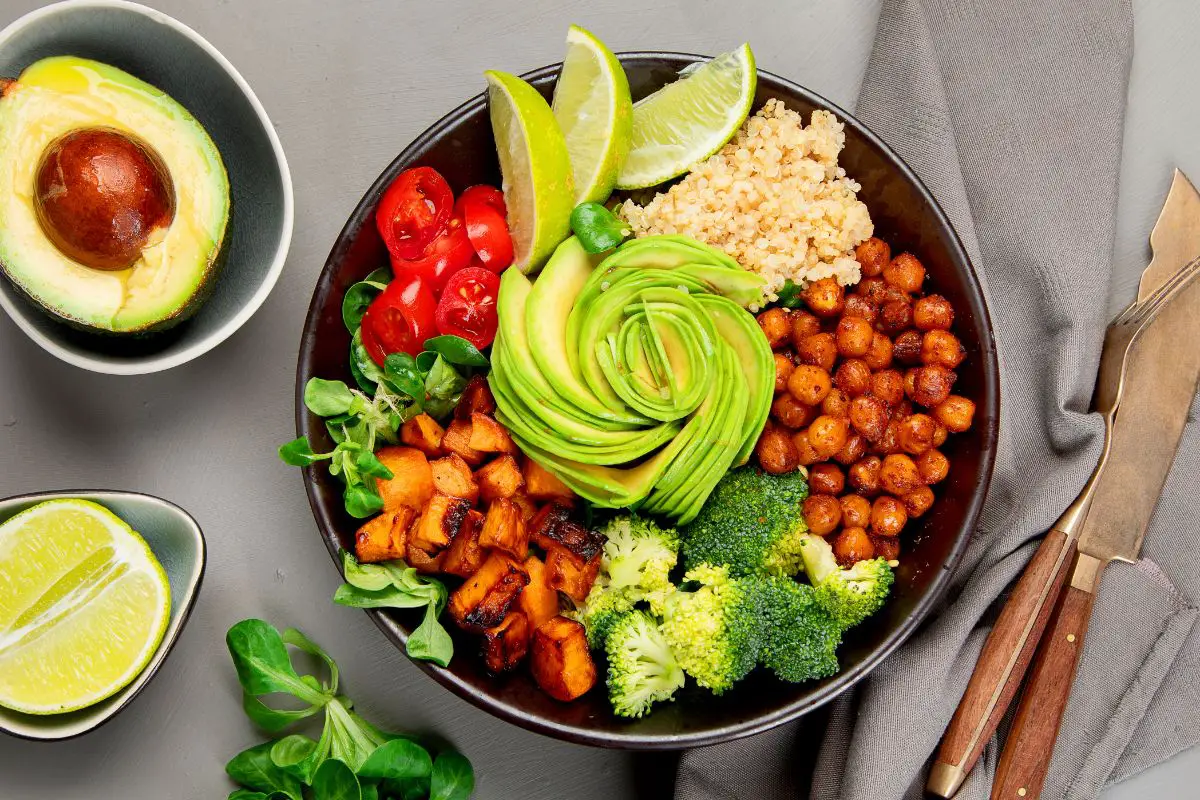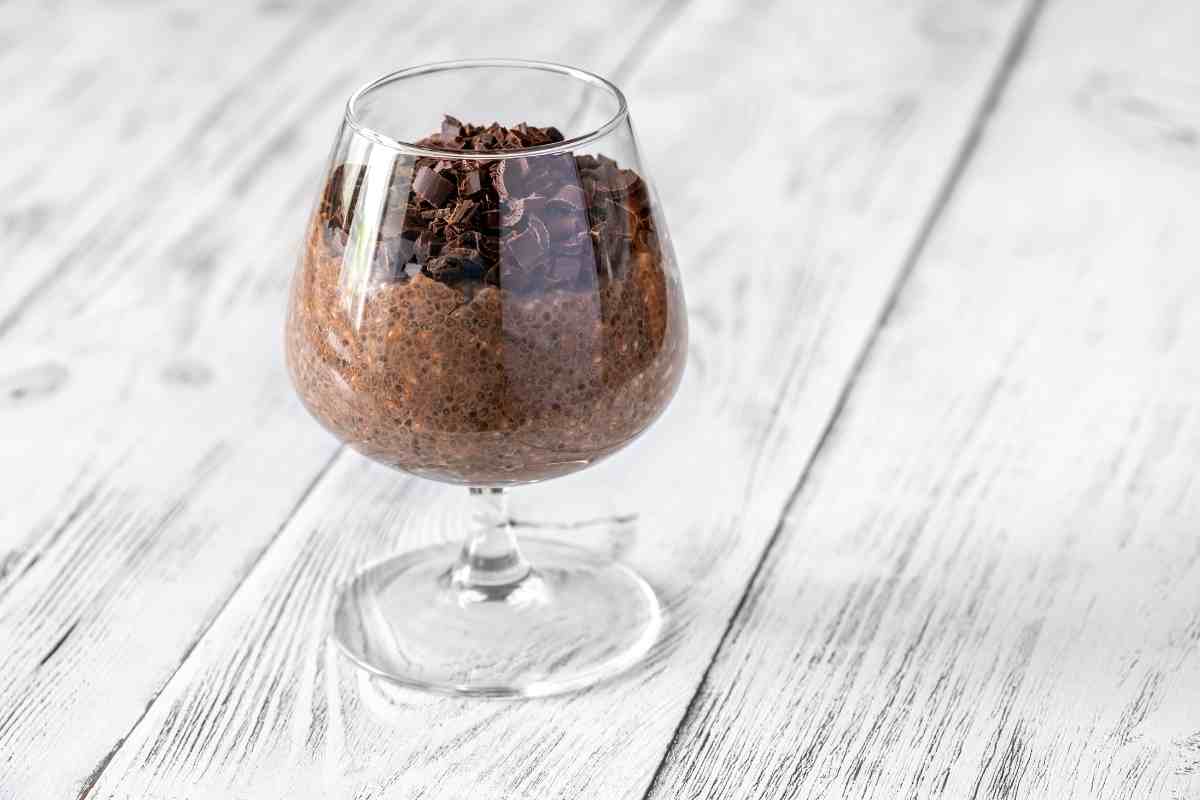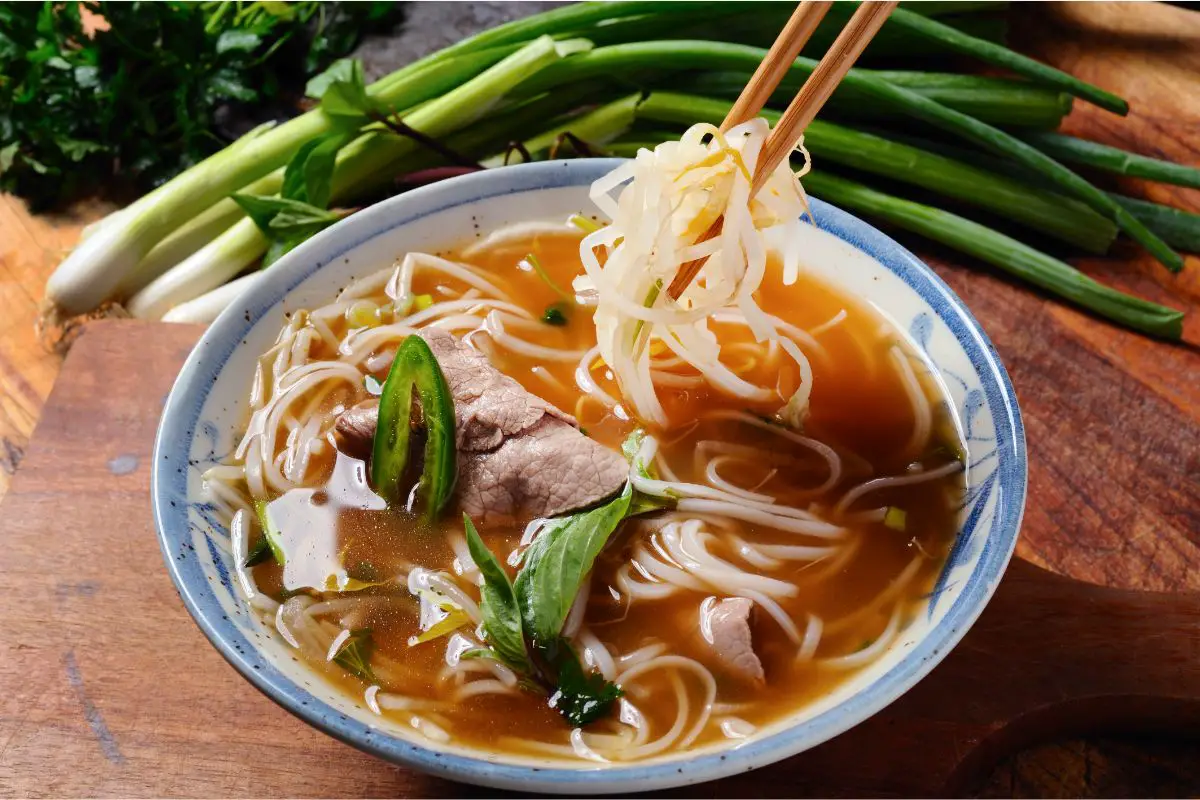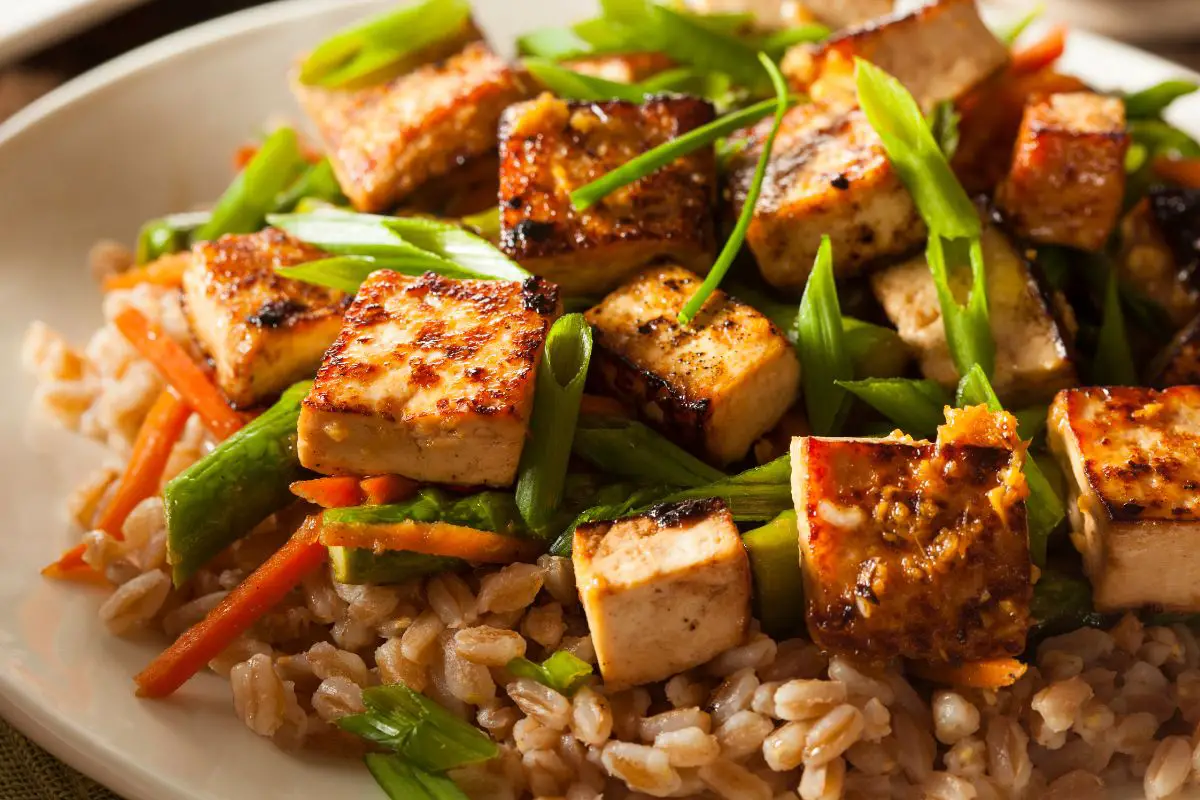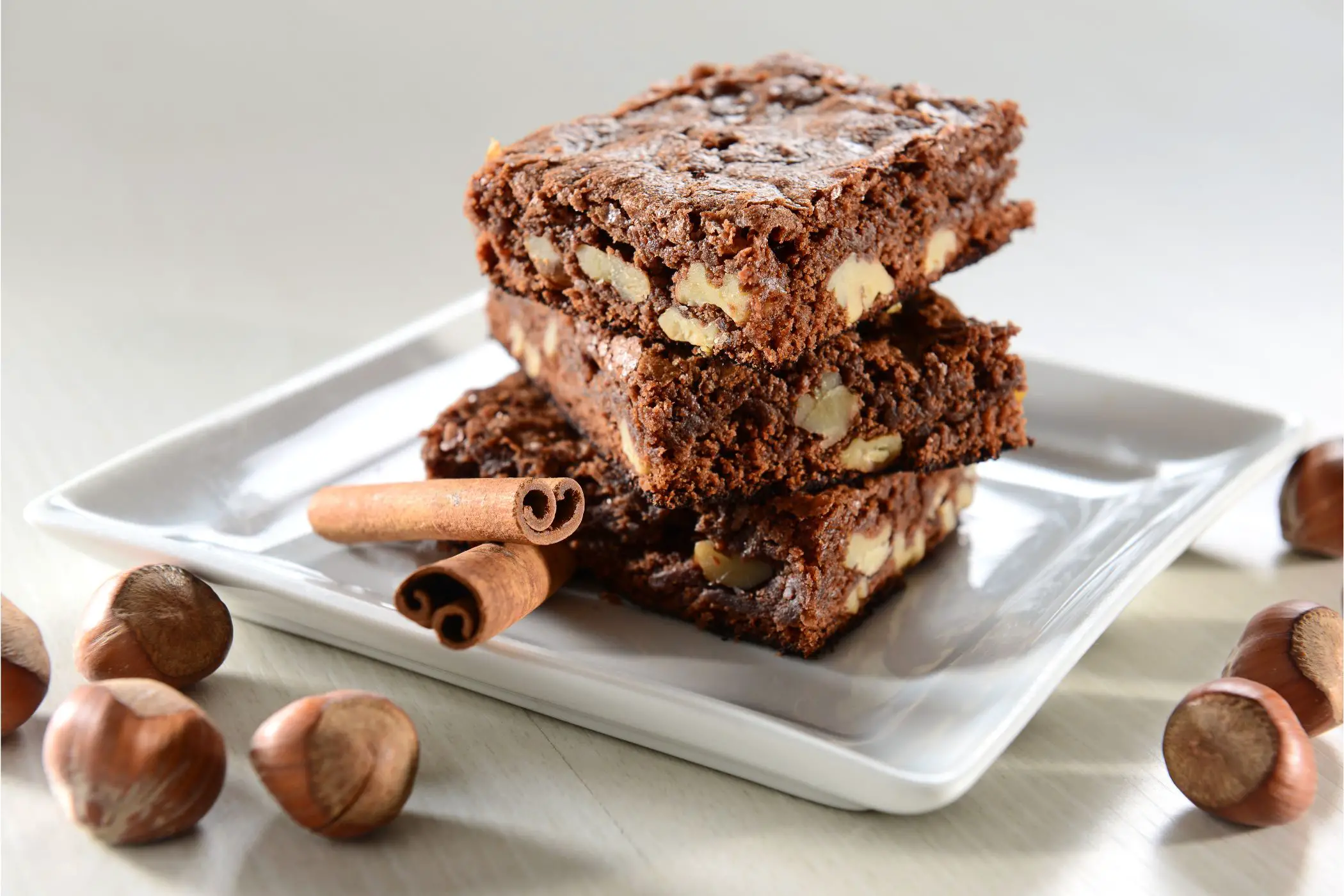You might have heard chia seeds mentioned – especially if you move in culinary circles, or indeed are health conscious yourself.
Perhaps most commonly, they are seen as a welcome addition to breakfast cereals, and are commonly featured in continental breakfast buffets.
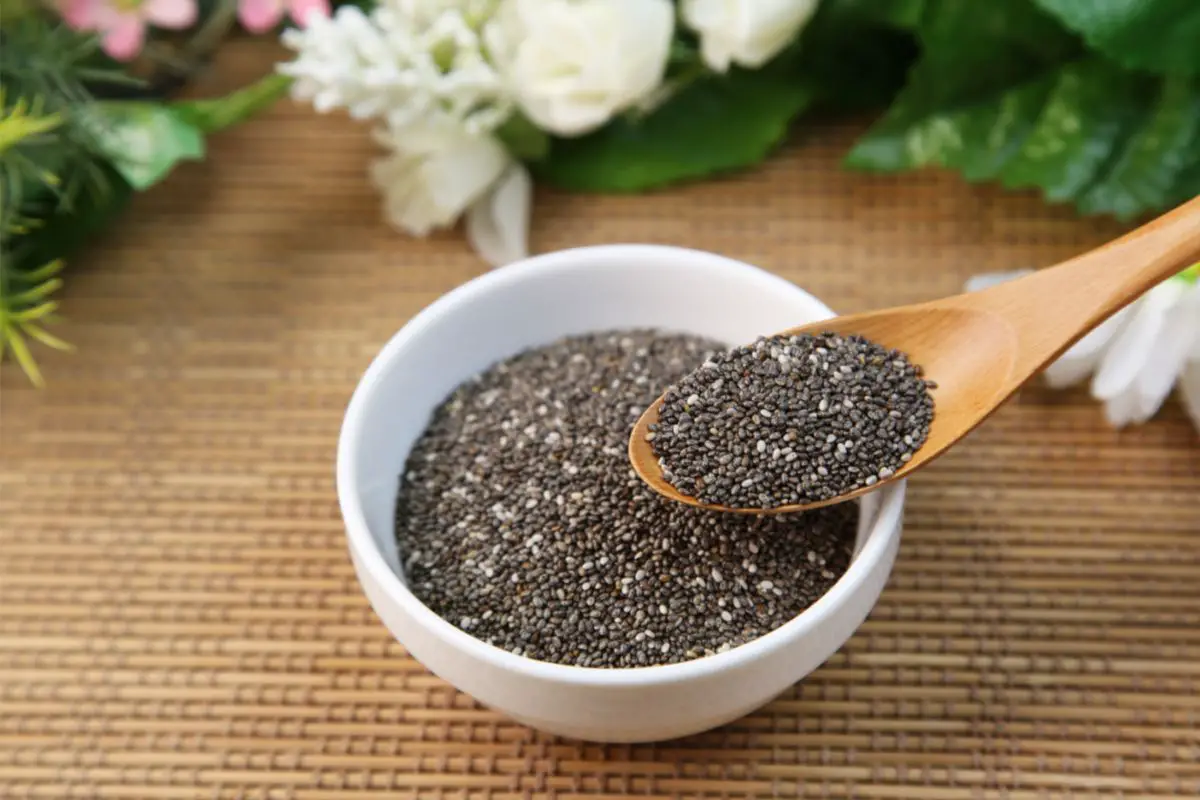
But what exactly are chia seeds, and what benefits might they hold?
What Are Chia Seeds?
Chia seeds are the edible seeds of the salvia hispanica plant – which itself is part of the mint family.
Native to central and southern Mexico, chia seeds are oval, with a gray, white, black coloring – often with a speckled pattern on their surface.
The seeds are known for their hygroscopic nature – which means they naturally hold onto and retain water – which means when cooked they tend to develop a gel-like texture.
What Are The Benefits Of Chia Seeds?
Chia seeds – like most seeds – have certain dietary benefits for those who consume them as part of their diets.
Highly Nutritious
There is evidence to suggest that chia seeds are highly nutritious – one of the reasons they have become such a sought after and highly consumed ingredient.
Historically, they were consumed and utilized by the Aztecs, who rightly viewed them as beneficial. As such, they were used in medicines, cosmetics, religious rituals, as well as in cooking.
For a regular serving of around 2 tablespoons, chia seeds contain:
- 138 calories.
- 4.7 grams of protein.
- 8.7 grams of fat.
- 5 grams of alpha-linolenic acid.
- 11.9 grams of carbohydrates.
- 9.8 grams of fiber.
- 14% of the daily value of calcium.
- 12% of the daily value of iron.
- 23% of the daily value of magnesium.
- 20% of the daily value of phosphorus.
- 12% of the daily value of zinc.
- 15% of the daily value of vitamin B1.
- 16% of the daily value of vitamin B3.
Full Of Antioxidants
In modern science, we have come to recognize oxidants as bad things for the body – causing everything from disease to the aging process.
This is why antioxidants have become such a sought after component of fruits, vegetables, seeds, and nuts – and why chia seeds in particular are so valued.
Antioxidants neutralize reactive molecules called ‘free radicals’ within human cells, and as such, when consumed in larger quantities, can have preventive benefits towards things like cancer and other serious conditions.
Specific antioxidants in chia seeds include:
- Chlorogenic acid.
- Caffeic acid.
- Myricetin.
- Quercetin.
- Kaempfernol.
These all have protective effects on the heart and the liver, as well as lowering the risk of cancer and other health problems such as inflammation and high blood pressure.

Potential Weight Loss
The high levels of protein and fiber within chia seeds might also be potentially beneficial for those looking to lose weight.
28 grams of chia seeds roughly translates to around 38% fiber, which is a staggering amount, and makes them great for digestive health.
Additionally, the protein found in chia seeds might also prevent overeating and suppress appetite to a certain degree.
It is worth pointing out that the research on this is mixed, and there is a degree of speculation as to the benefits towards weight loss, however, there are many scientists who value and support these findings.
Potential Heart Disease Risk Reduction
There is also evidence to suggest that chia seeds might help to reduce the risk of heart disease in individuals.
As they are high in fiber (specially soluble fiber) and omega-3s, chia seeds might help to lower LDLs – the bad kind of cholesterol that causes potential heart problems for people later down the road.
However it is worth pointing out that the results of such tests are still inconclusive – at least when it comes to concrete evidence of reduction in heart disease potential.
However, based on what we know of the seeds, and the components found within, there is just cause to delve further.
Contain Bone Nutrients
Chia seeds are high in many nutrients key to healthy bone development and maintenance, including calcium, phosphorus, and magnesium.
Getting enough of all three of these nutrients is considered to be necessary for maintaining bone density, strength, and preventing bone diseases and disorders.
Potential Blood Sugar Reduction
There is also some preliminary evidence to suggest that chia seeds might also have blood sugar reduction properties, possibly as a result of the combination of fiber and other vital compounds.
There are also suggestions that chia seeds might help regulate insulin sensitivity, a condition where the individual is more susceptible to feeling ill or unwell after consuming too much, or too little glucose.
While this research has only been conducted on animals presently, it does look promising for those with type 2 diabetes and insulin sensitivity.
Versatility
Chia seeds (see also: Chia Seed Table: USDA Comparisons)are also incredibly easy to incorporate into your diet, and are quite versatile as an ingredient.
This is because, on their own, they do not have a strong taste, meaning they can be added to most dishes without negatively affecting the overall flavor of the meal.
Are There Any Downsides?
While there are no harmful side effects, one downside is that you might experience digestive discomfort, or changes, due to consuming seeds with such a high fiber level.
This is why consuming them with water is recommended – as is sticking within the daily recommendation of 1.5 tablespoons, twice a day. This way you can enjoy them without issue.
Final Thoughts
And there we have it, everything you need to know about chia seeds, and the many benefits they have – both in terms of flavor and diet.
It’s true that chia seeds have become something of a ‘superfood’ in recent times, not to mention loved by many for their unique flavor, and their versatility as an ingredient.
So if you are looking to get more seeds and nuts into your diet, then why not try chia seeds (see also “What Was The FDAs Ruling On Chia Seeds?“)? Something tells me you won’t be disappointed!
- How To Make A Paleo Detox Smoothie: Berry Cherry Green Edition - April 18, 2023
- How To Make Spicy Paleo Paprika And Thyme Veggie Fries - April 18, 2023
- 15 Mouthwatering Keto Apple Recipes You Need To Try Today - April 18, 2023
